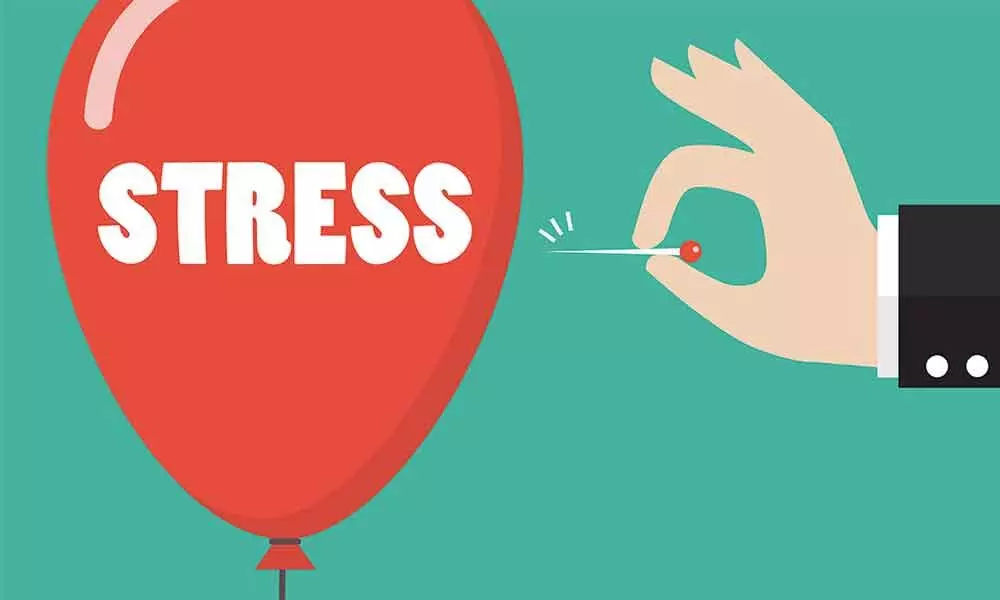Stress buster: How eustress could help you grow
Life does not always come with a pleasant wrapped gift. It is full of struggle at every step and no doubt it also lures us with a splash of happiness.
image for illustrative purpose

Life does not always come with a pleasant wrapped gift. It is full of struggle at every step and no doubt it also lures us with a splash of happiness. Our mind and human psychology always want to be in a happy state. Seems tough but of course not impossible. To make it possible we have to learn how to perceive positivity from any situation.
An endocrinologist Hans Selye coined the term Eustress. The consists of the Greek prefix Eu- meaning good and stress means good stress. This term 'eustress' is created to learn to differentiate the wide variety of stressors and manifestations of stress. The stress that we receive with fear, failure and pessimism gets converted into distress. That may lead to anxiety, withdrawal, and depressing behaviour. In contrast, if stress enhances ones functioning it may be considered as Eustress.
It all depends on a person's way of adapting to the stressors that cause it. The same stressors may cause both eustress and distress. Eustress is thus related to self-efficacy. Self-efficacy is one's judgment of how one can carry out a required task, action or role. When a person has high self-efficacy, they can set goals higher and be motivated to achieve them, to achieve that goal enable people to increase eustress.
The word eustress gives us chance to think about any situation in two ways negative and positive. It reminds us of the phrase 'every coin has two sides.' This means both sides can be completely different from one another but they are not worthless. The function of this positive word is to motivate a person towards improvement and a goal. Eustress is indicated by hope and active engagement.
Eustress enables employees to perform better and increase their jobs satisfaction. Studies have confirmed that eustress is a key factor in motivating employees to achieve high performance and enhance jobs satisfaction.
Some of the factors that commonly cause work-related stress include:
♦ Long hours
♦ Heavy workload
♦ Tight deadlines
♦ Job insecurity
♦ Boring work
♦ Lack of autonomy
To cope up with the above stressors we have to learn stress management and an awareness of eustress.
♦ Long hours: we can treat an organisation as a family and spending long hours at the workplace enhance bonding with them. That adds confidence to the personality.
♦ Heavy workload: Feel it as a one-man army. The one can do all work alone as a superhero does.
♦ Tight deadlines: Make it an interesting matter like a race to reach a target line in the shortest time that will welcome you with applause.
♦ Job insecurity: Only changes are constant. Nothing is permanent. Why worry? Make yourself as smart as to be demanded more.
♦ Boring work: Set our mind that nothing is boring. If we can't change it so better accept it with enthusiasm. Working with enthusiasm attract positive results. We should work on our personalities to enjoy any situation.
♦ Lack of autonomy: We can't beat our age. This can make us that we are still a student or a kid, we still have to ask before the performance.
The foremost aim of this is to find how stress can be an optimistic aspect of the overall development of employees. Harmful effects of stress can be mitigated if we can cope with it well with eustress.
(The author is currently working as a merchandiser at Pearl Global Industries Limited at Gurugram)

